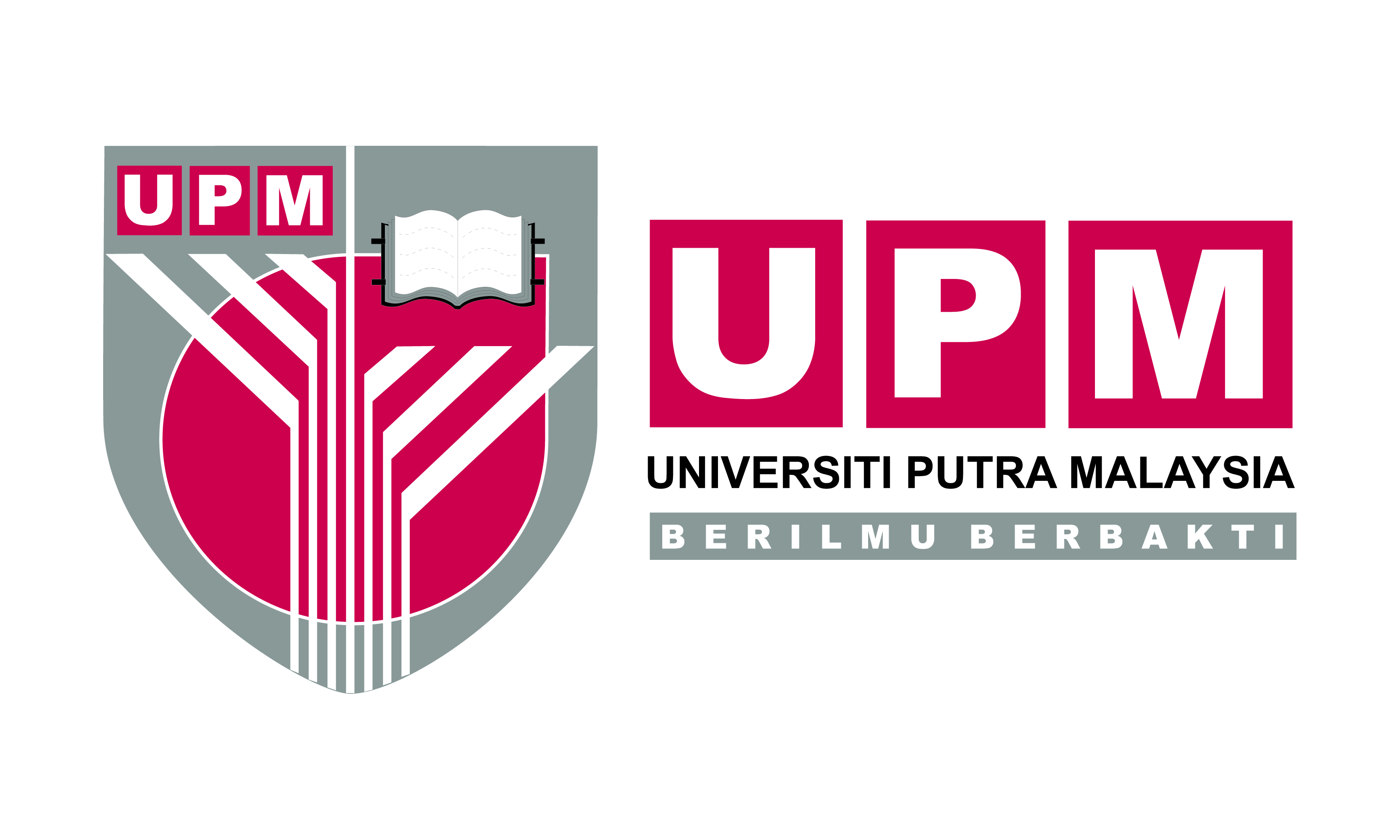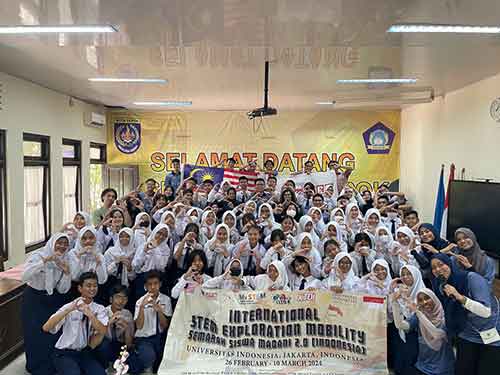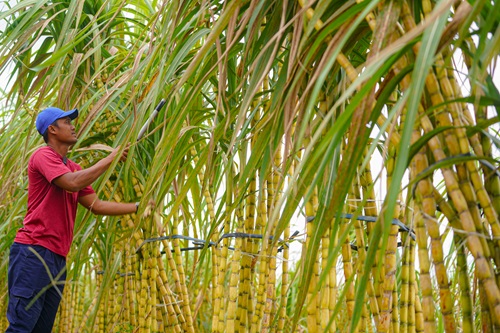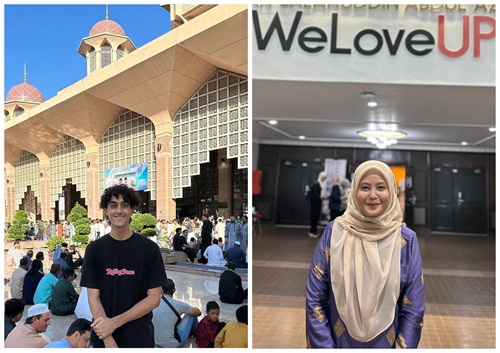By: Nurul Ezzaty Mohd Azhari
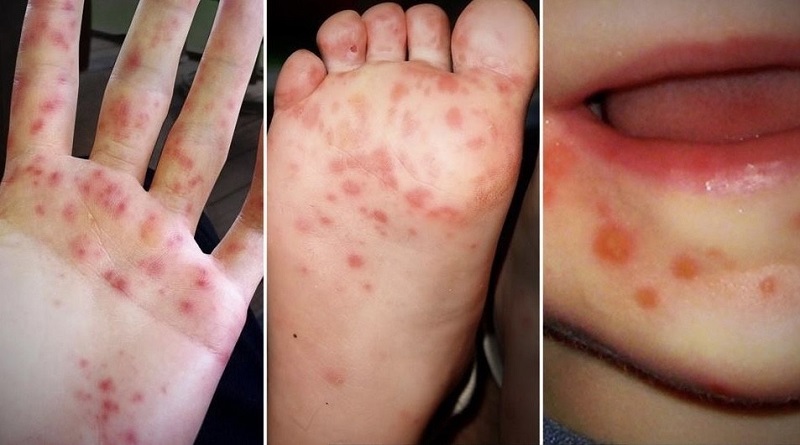
SERDANG, May 19 – Recently, the media reported that the number of hand, foot and mouth disease (HFMD) in this country is alarming due to the sudden spike in infections in each state, and Selangor is one of the biggest contributors to the cases.
On May 17, the Malaysian Director-General of Health, Tan Sri Dato’ Seri Dr. Noor Hisham Abdullah, reported that Selangor was the largest contributor of HFMD cases with 8,864 cases, which was 28 per cent of the overall number, followed by Kuala Lumpur and Putrajaya with 4,421 cases, while other states recorded less than 1,500 cases.
Universiti Putra Malaysia’s (UPM) Public Health Specialist, Assoc. Prof. Dr. Malina Osman, said the government should impose a temporary ban on children under the age of 12 from being in public places that are crowded to reduce HFMD cases.
"This HFMD infection can occur suddenly due to the child’s exposure to the environment compared to the time during the Movement Control Order (MCO),” she said.
She added that cross-contamination from body fluids such as saliva, mucus, phlegm, faeces or contamination of hands from touching the fluids but not washed clean could lead to a sudden increase in cases.
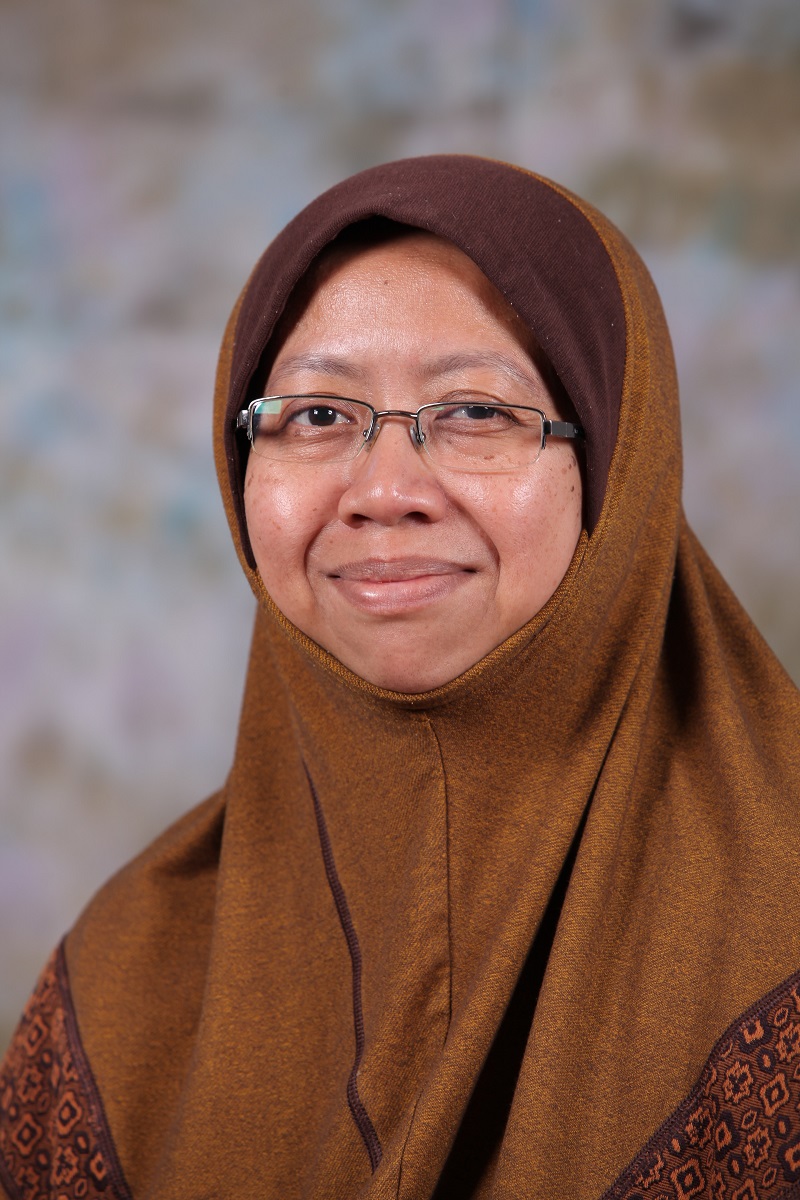
Assoc. Prof. Dr. Malina, who is also a lecturer at the Department of Community Health, Faculty of Medicine and Health Sciences (FPSK), UPM, said parents or guardians who have been given quarantine leave should be honest and responsible for the leave given and not misuse it for returning to hometown, going on holiday, shopping and others.
"At the same time, I recommend that the government imposes a fine on parents who misuse quarantine leave obtained. Fines can be made in the form of deduction of allowances by employers or cancellation of certain rebates in income tax,” she said.
In addition, she recommended that children are not taken to crowded locations.
"If they are not concerned, especially when cleaning children after going to the toilet or while changing diapers, there is a high possibility that infection may occur. The level of hygiene among children also depends upon parents, guardians and their respective families.
“Hand hygiene, especially after cleaning children who defecate, must use soap and water. Do not use just hand sanitisers and wet tissues as they are not enough to clean the surface space that needs to be cleaned,” she explained.
She said if children infected with HFMD are not treated properly, they are at risk of having seizure complications, and some may also get heartburn, pneumonia or complications in the brain and central nervous system.
In the meantime, children need to get enough drinking water and Vitamin C to boost the body’s immune system to function optimally.
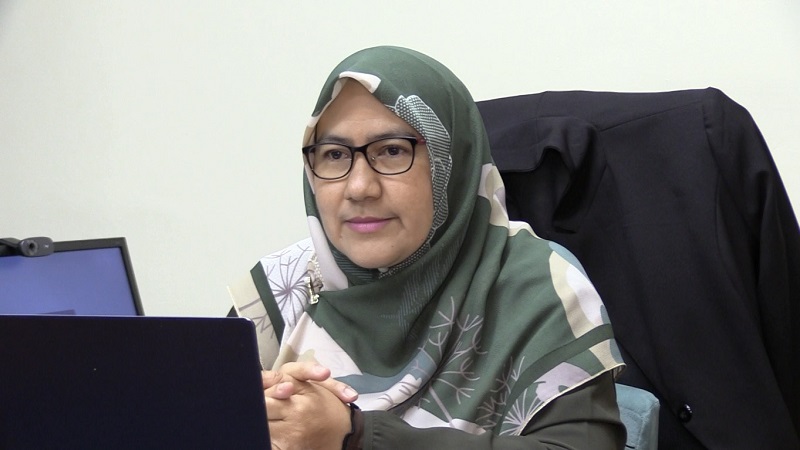
Meanwhile, a specialist at the Department of Environmental and Occupational Health, FPSK, UPM, Assoc. Prof. Dr. Haliza Abdul Rahman, said parents, as well as nurseries, kindergartens and daycare centres need to work together to reduce cases of HFMD infection among children.
"Daycare centres and kindergarten teachers need to be firm if children have early symptoms of HFMD and ask parents not to send their children. Parents are requested to be sensitive to their children’s health and not send them if they have any early symptoms.
“They need to ensure that their home has a good ventilation system, less physical contact with children and sanitising toys daily,” she said. –UPM.
